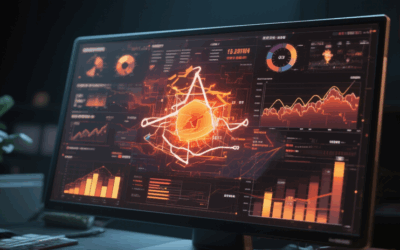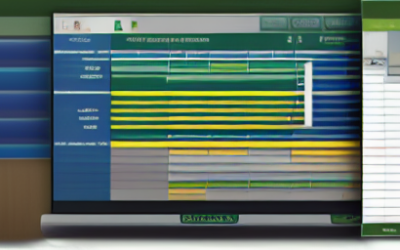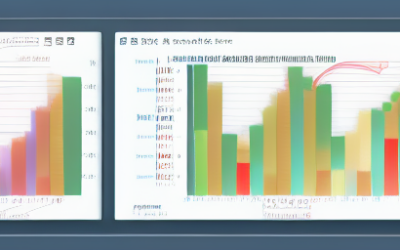Technology driven decision making is the process of using technology to create data-driven decisions. This type of decision-making relies on the analysis of data to identify trends and patterns, which can then be used to inform decisions. Technology-driven decisions can be used to inform decisions relating to a variety of areas, from marketing to operations and beyond.
Tech Blog
Tech Insights, Information, and InspirationProgramming Languages vs Frameworks
The main difference between programming languages and frameworks is that programming languages are used to write code, while frameworks provide an environment for developers to build applications. Programming languages allow for more flexibility and creativity, while frameworks provide a more structured approach to developing applications.
ServiceNow Slack Integration
The Slack and ServiceNow integration allows users to quickly and easily access ServiceNow data from within Slack. This integration makes it easy to quickly check on incident statuses, look up asset information, or open tickets without ever leaving Slack. In addition, the integration allows users to create alerts in Slack when specific ServiceNow events occur, like an incident status changing or a new ticket being created.
ClassifyAnything Add-on for Excel
ClassifyAnything add-on for Excel helps to quickly organize data by grouping it into categories. This helps to make the data easier to analyze and interpret.
Tableau Slack Integration
Tableau Software has recently launched a Slack Integration to allow users to easily connect with their existing Slack workspace and post Tableau dashboards and worksheets directly into any channel or conversation. This integration allows users to quickly and easily share insights from Tableau with teammates and collaborators, without having to navigate away from their Slack workspace.
What is ERP software?
ERP (Enterprise Resource Planning) software is a type of software that is designed to manage and integrate a wide range of business processes and operations. It enables businesses to automate and streamline their processes, improve efficiency, and reduce costs. ERP software typically includes modules for financials, inventory management, supply chain management, project management, human resources, customer relationship management, and more.
Airtable Slack Integration
The Airtable Slack Integration enables users to get updates from their Airtable tables and records directly into their Slack channels. This integration allows users to receive notifications when records are created, updated, deleted, or commented on, as well as set up customizable filters and search queries. With the integration, users can also share records and tables with other members of their Slack channel, allowing for easy collaboration within their team.
Blockchain App Development
Blockchain app development is the process of creating applications and services that are powered by distributed ledger technology, commonly referred to as blockchain technology. The development process involves creating applications and services that use the distributed ledger technology to store and share data securely across a network of computers. These applications and services can be used to manage digital assets such as cryptocurrencies, manage smart contracts, and securely store data.
Big Data Analytics
Big Data Analytics is the process of analyzing large sets of data to uncover patterns and trends. It is a form of advanced analytics that helps organizations analyze vast amounts of data to make better decisions, understand customer behavior, identify new opportunities, and optimize operations. Big Data Analytics involves the use of a variety of tools and techniques to analyze large datasets, such as machine learning and predictive analytics.
Notion Github Integration
Notion’s GitHub integration makes it easy to stay organized and up-to-date on your projects. You can use the integration to connect Notion to your GitHub repositories and keep track of their progress in your Notion workspace. You can also use Notion to create issues, pull requests, and manage reviews. This integration allows you to keep all of your project information in one place, making it easier to stay on top of tasks and collaborate with your team.
Get In Touch
UseTech Design, LLC
TROY, MI • BLOOMFIELD HILLS, MI
Call or text +1(734) 367-4100










